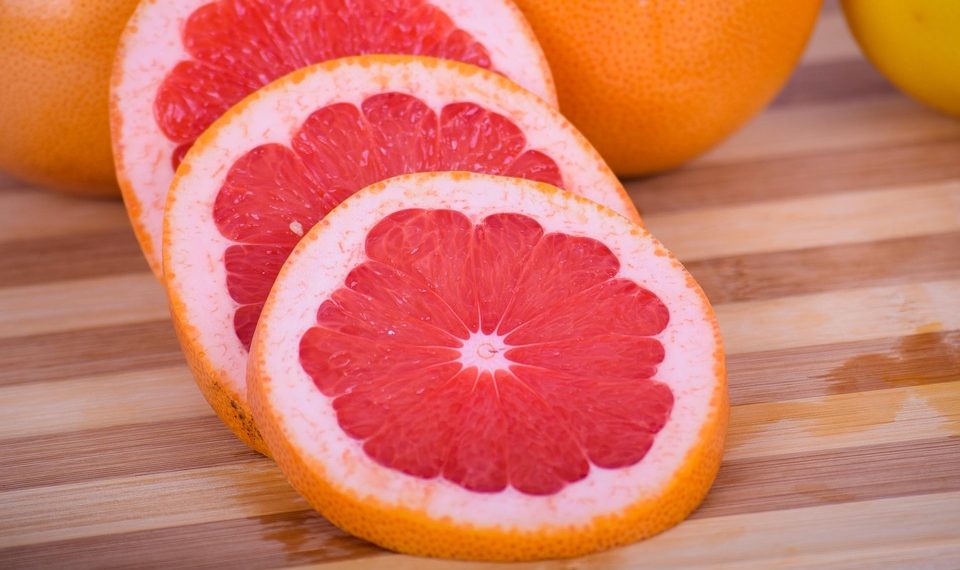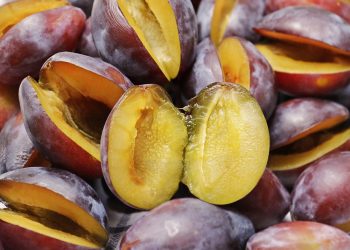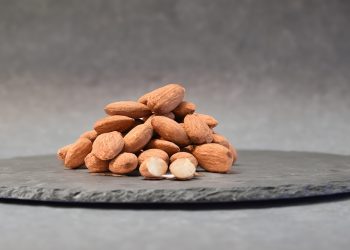Probiotics for gut health are not just a trend; they’re a game changer for your wellbeing. If you’re feeling bloated, sluggish, or just off, the solution might be as simple as adding the right bacteria to your diet.
What Are Probiotics and Why Do They Matter?
Probiotics are live microorganisms, often referred to as “good” bacteria, that provide numerous health benefits when consumed in adequate amounts. They help maintain a healthy balance in your gut microbiome, which plays a crucial role in digestion, immunity, and even mental health. Your gut is your body’s second brain, and nurturing it can lead to profound changes in how you feel and function.
Feeling curious? Let’s dive into seven powerful probiotics that can transform your gut health and, by extension, your life.
Contents
- 1. Lactobacillus rhamnosus GG
- 2. Bifidobacterium lactis
- 3. Saccharomyces boulardii
- 4. Lactobacillus acidophilus
- 5. Bifidobacterium bifidum
- 6. Lactobacillus plantarum
- 7. Streptococcus thermophilus
- How to Incorporate Probiotics Into Your Diet
- The Importance of Prebiotics
- The Bottom Line
- Frequently Asked Questions
1. Lactobacillus rhamnosus GG
Why You Should Try It:
This powerhouse probiotic is one of the most researched strains. Studies show that it can help reduce diarrhea, particularly in children, and may alleviate symptoms of irritable bowel syndrome (IBS).
How It Works:
Lactobacillus rhamnosus GG works by outcompeting harmful bacteria in your gut. It also strengthens your intestinal barrier, which is essential for overall gut health.
Where to Find It:
- Yogurt (look for live cultures)
- Probiotic supplements
- Fermented foods like kefir
2. Bifidobacterium lactis
Why You Should Try It:
Bifidobacterium lactis is your gut’s best friend when it comes to boosting immunity. It’s been shown to reduce respiratory infections and improve gut health.
How It Works:
This strain helps ferment dietary fibers, producing beneficial short-chain fatty acids that nourish your gut lining.
Where to Find It:
- Yogurt and dairy products
- Probiotic capsules
- Fermented vegetables
3. Saccharomyces boulardii
Why You Should Try It:
This non-pathogenic yeast is a superstar for treating and preventing antibiotic-associated diarrhea. It’s also beneficial for those dealing with IBS and inflammatory bowel disease (IBD).
How It Works:
Saccharomyces boulardii works by inhibiting the growth of harmful pathogens and enhancing your gut’s natural defenses.
Where to Find It:
- Probiotic supplements
- Some specialty yogurts
4. Lactobacillus acidophilus
Why You Should Try It:
This strain is famous for its ability to improve digestion and support overall gut health. It’s often found in probiotic supplements and fermented foods.
How It Works:
Lactobacillus acidophilus breaks down lactose, making dairy products easier to digest for those who are lactose intolerant.
Where to Find It:
- Yogurt
- Probiotic drinks
- Fermented foods like miso
5. Bifidobacterium bifidum
Why You Should Try It:
Bifidobacterium bifidum is essential for breaking down dietary fiber and enhancing nutrient absorption. It’s linked to improved gut health and a stronger immune system.
How It Works:
This strain helps maintain the gut’s pH balance, making it inhospitable for harmful pathogens.
Where to Find It:
- Probiotic supplements
- Yogurt and kefir
6. Lactobacillus plantarum
Why You Should Try It:
Lactobacillus plantarum is excellent for reducing bloating and gas. It’s also linked to improved mental health due to the gut-brain connection.
How It Works:
This strain helps preserve the integrity of your gut lining and fights inflammation.
Where to Find It:
- Fermented foods like sauerkraut and kimchi
- Probiotic supplements
7. Streptococcus thermophilus
Why You Should Try It:
This strain is not just a probiotic; it’s also a great source of lactase, the enzyme that helps digest lactose. If dairy gives you trouble, this one’s for you.
How It Works:
Streptococcus thermophilus helps produce lactic acid, which nourishes beneficial gut bacteria while inhibiting harmful ones.
Where to Find It:
- Yogurt
- Cheese
- Probiotic supplements
How to Incorporate Probiotics Into Your Diet
- Start slow: If you’re new to probiotics, begin with small amounts to allow your gut to adjust.
- Mix it up: Different strains offer different benefits, so try a variety of foods and supplements.
- Check labels: Look for products with live and active cultures, and pay attention to the CFU count (colony-forming units).
The Importance of Prebiotics
Don’t forget about prebiotics! These are the fibers that feed your probiotics. Incorporating prebiotics into your diet can amplify the effects of your probiotics. Foods rich in prebiotics include:
- Garlic
- Onions
- Bananas
- Asparagus
- Whole grains
The Bottom Line
Probiotics for gut health are a powerful ally in your journey toward better health. From reducing bloating to boosting immunity, these seven strains can truly transform how you feel every day.
Your gut health is not just about digestion; it’s about your overall wellness. So why wait? Incorporate these probiotics into your life and feel the difference.
Frequently Asked Questions
1. How long does it take for probiotics to work?
Most people notice improvements within a few days to a few weeks, but it can vary depending on the individual and the specific probiotic strain.
2. Can I get enough probiotics from food alone?
Yes, but not everyone can meet their needs through diet alone. Supplements can help fill in gaps, especially if you have specific health concerns.
3. Are there any side effects of taking probiotics?
Some people may experience mild digestive upset when they first start taking probiotics. This usually passes as your body adjusts.
Ready to take the plunge into the world of probiotics? Your gut will thank you!
Get Your FREE Natural Health Guide!
Subscribe now and receive our exclusive ebook packed with natural health tips, practical wellness advice, and easy lifestyle changes — delivered straight to your inbox.














